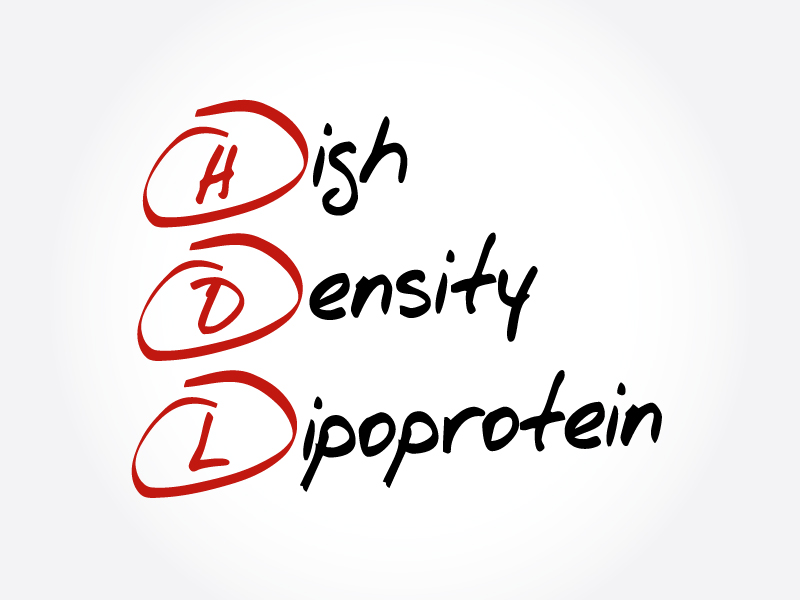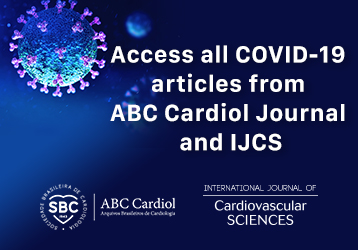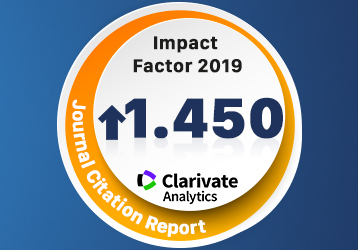Volume 112, Nº 1, January 2019
DOI: http://www.dx.doi.org/10.5935/abc.20180253
ORIGINAL ARTICLE
Assessment of the Relationship between Monocyte to High-Density Lipoprotein Ratio and Myocardial Bridge
Asim Enhos
Kahraman Cosansu
Mustafa Ahmet Huyut
Fahrettin Turna
Erdem Karacop
Nijad Bakshaliyev
Aydin Nadir
Ramazan Ozdemir
Mahmut Uluganyan

Abstract
Background: Assessing the monocyte to high-density lipoprotein ratio (MHR) is a new tool for predicting inflamation, which plays a major role in atherosclerosis. Myocardial bridge (MB) is thought to be a benign condition with development of atherosclerosis, particularly at the proximal segment of the brigde.
Objective: To evaluate the relationhip between MHR and the presence of MB.
Methods: We consecutively scanned patients referred for coronary angiography between January 2013- December 2016, and a total of 160 patients who had a MB and normal coronary artery were enrolled in the study. The patients’ angiographic, demographic and clinic characteristics of the patients were reviewed from medical records. Monocytes and HDL-cholesterols were measured via complete blood count. MHR was calculated as the ratio of the absolute monocyte count to the HDL-cholesterol value. MHR values were divided into three tertiles as follows: lower (8.25 ± 1.61), moderate (13.11 ± 1.46), and higher (21.21 ± 4.30) tertile. A p-value of < 0.05 was considered significant.
Results: MHR was significantly higher in the MB group compared to the control group with normal coronary arteries. We found the frequency of MB (p = 0.002) to increase as the MHR tertiles rose. The Monocyte-HDL ratio with a cut‑point of 13.35 had 59% sensitivity and 65.0% specificity (ROC area under curve: 0.687, 95% CI: 0.606–0.769, p < 0.001) in accurately predicting a MB diagnosis. In the multivariate analysis, MHR (p = 0.013) was found to be a significant independent predictor of the presence of MB, after adjusting for other risk factors.
Conclusion: The present study revealed a significant correlation between MHR and MB. (Arq Bras Cardiol. 2019; 112(1):12-17)
Keywords: Biomarkers/blood; Cholesterol, HDL/blood; Monocytes/citology; Myocardial Bridging; Atherosclerosis; Inflammation.















